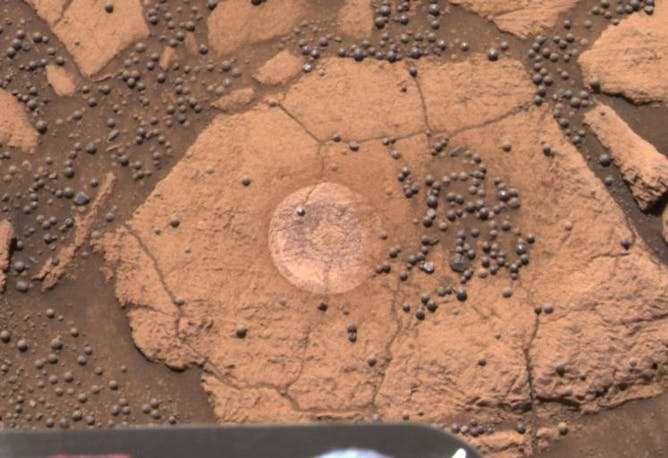|
|
|
|
When we launched our campaign last summer we debated fundraising at a time when many would be struggling, as the effects of the coronavirus crisis scythed through entire industries, leaving people out of work and reliant on furlough or crisis payments.
But The Conversation, itself a charity, is not immune to financial pressures. While we are fortunate to have such strong supporters in our network of university members, we hoped our readers would also see the value in our explanatory, public interest journalism.
We were right to think so, and have been heartened by our readers’ support. Last year we gained 2,300 new donors, and this year the number of readers signing up to give monthly has almost doubled to around 1,300. We cannot overstate our appreciation for your generosity, not least over the last 12 months that have seen such upheaval. The Conversation’s expert comment and news analysis is free to read, but it isn’t cost-free to produce. In these times when misinformation or misunderstanding can circle the globe as fast or faster than corrections and qualifications, we feel what we do is ever more vital. Bringing expertise to an audience of those keen to hear and learn from it is The Conversation’s only aim – your support has helped make it possible.
As we enter the final week of our fundraising campaign, it’s not too late to donate. We’re hoping to find another 206 donors to reach our campaign target – could you be one of them? It takes only a minute, and every donation is gratefully received no matter how large or small.
Donate now
Whether or not you’re able to support us financially, if you value what we do and think more readers should know about it, please forward a newsletter to a friend today.
|
Jo Adetunji
Managing Editor
|

|
|

Simon Maycock / Alamy
Niko Wanders, Utrecht University
This summer is likely to be hot and dry, but that's more down to climate change than miserable spring.
|

Herr Loeffler/Shutterstock
Chaminda Hewage, Cardiff Metropolitan University; Elochukwu Ukwandu, Cardiff Metropolitan University
In its inaugural contest, the Tianfu Cup produced an iPhone hack that was allegedly used to spy on China's Uyghur minority.
|

Mushroom-like structures on Mars.
Nasa
Gareth Dorrian, University of Birmingham
No conclusive evidence that extraterrestrial life exists has been found...yet.
|
Health + Medicine
|
-
Vittorio Bufacchi, University College Cork
We need to a imagine a fairer future post-COVID. Here are some philosophers with ideas about how.
-
Duane Mellor, Aston University
Potatoes contain many vitamins and nutrients which are essential for good health.
|
|
Science + Technology
|
-
Chris Impey, University of Arizona
In the coming decades, governments and private companies will set up permanent bases on the Moon and Mars. And at some point, the first galactic baby will be born.
-
Lauren Finka, Nottingham Trent University
Catnip’s status as kitty kryptonite is due to a chemical compound called nepalacatlon, but what actually is catnip?
|
|
Environment + Energy
|
-
Volker Roeben, University of Dundee
The seismic changes to energy supply and demand during the pandemic could be just the beginning.
-
David Flynn, Heriot-Watt University
The maintenance required for renewable tech like windfarms can harm the environment. Robots are helping solve that.
|
|
Politics + Society
|
-
Emma Long, University of East Anglia
The 1973 Supreme Court decision which has underpinned abortion law in the US since might be under threat.
-
Tim Luckhurst, Durham University
Critics of the UK's public broadcaster will be sharpening their knives over the latest scandal.
|
|
Arts + Culture
|
-
Laura Sillars, Teesside University
Whether it's a day out with the kids or a solo visit, these tips will achieve the experience you want.
|
|
| |
Featured events
|

|
Online, London, London, City of, WC1E 6BT, United Kingdom of Great Britain and Northern Ireland — UCL
|

|
Online, Birmingham, Warwickshire, B15 2TT, United Kingdom of Great Britain and Northern Ireland — University of Birmingham
|

|
University of Reading, Whiteknights House, PO Box 217, Reading, Reading, RG6 6AH, United Kingdom of Great Britain and Northern Ireland — University of Reading
|

|
Sustainable Places Research Institute, Cardiff University, Cardiff, Cardiff [Caerdydd GB-CRD], CF10 3BA, United Kingdom of Great Britain and Northern Ireland — Cardiff University
|
|
|
|
| |
| |
| |
| |
| |
|
|
|
|
|
|
|